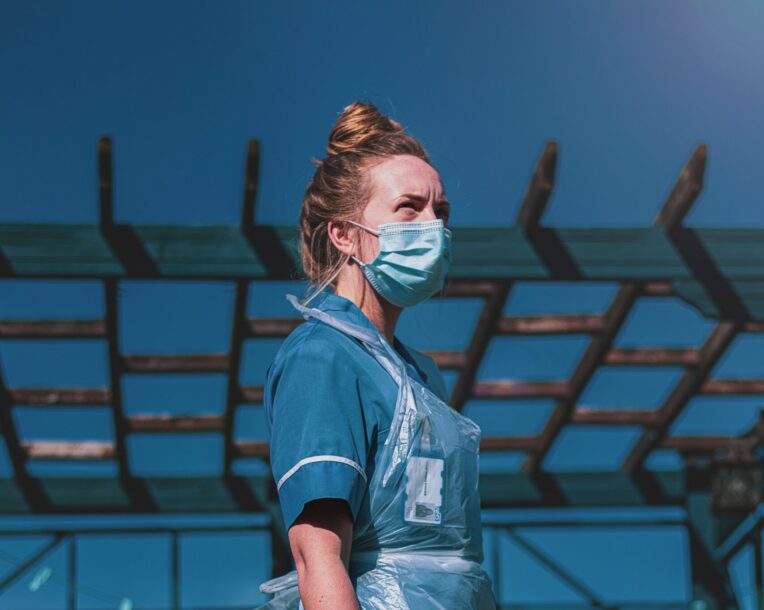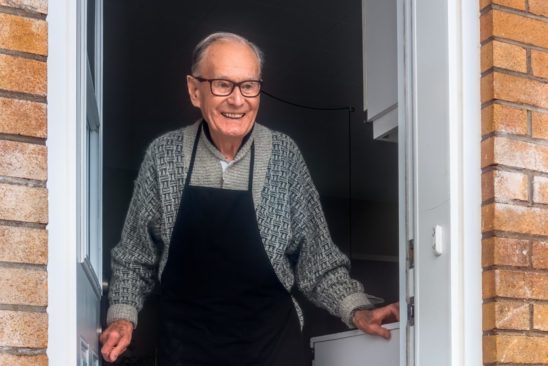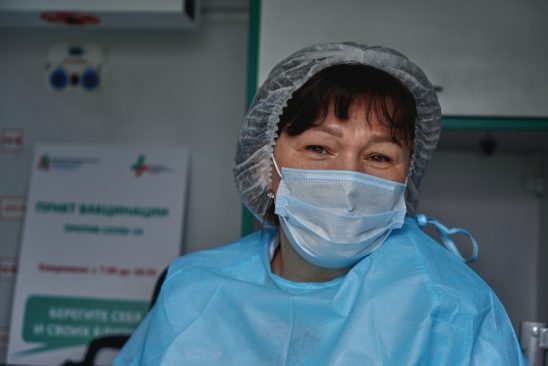The challeng
As the COVID-19 outbreak started, health and care systems across the country began to look at their capacity to cope with a rising demand for specific types of care.
Initially, a series of Nightingale hospitals were developed for people requiring critical care. In Surrey meanwhile, it emerged that there was a need for more bedded step down care and rehabilitation.
Initially capacity and demand modelling showed that around 300 beds would be required from April to receive people who no longer needed acute care but could not yet go home. A range of options were explored, and a former military rehabilitation centre was identified as an ideal location to create a new community superhospital for Surrey and surrounding areas.
The approach
We were engaged to support the development of the clinical model, just as the UK lockdown began. We quickly adopted virtual methods of communication and collaboration to develop this at a rapid pace, drawing in clinical expertise in geriatric care, general practice, therapy and social care to develop a model based on accepting people that were still recovering from COVID-19 and had quite high needs.
Creating a new hospital from a standing start is a challenging process that requires thinking through all the support services that are often taken for granted on an established hospital site – diagnostics, pharmacy, oxygen supply, mortuary, chaplaincy, transport, how visitors are handled – all of which need to be considered and set up.
At the same time, the modelling work was updated and, due to the success of public health measures to keep the COVID-19 outbreak in check, the need for these beds changed in nature and time. In addition, the crisis in care homes meant that a real worry was about an increased need for step up care from care homes. This required the clinical model to be revised and those changes quickly agreed by all ICPs across Surrey.
We also wrote the business case in just a few days to support the sign off of the commitment of funds. This was proof in action of our firm belief that it is not the document that holds the value, but the quality of the conversations which have gone into making it. We had had countless conversations with a range of teams working on this over the preceding weeks, which made the development of the business case straightforward.
“PPL were instrumental in mobilising NHS Seacole at pace. Their experience was invaluable in developing the business case. PPL were an integral part of the team and I did not see them as external advisors.”
Rakesh Patel, Chief Financial Officer, Epsom & St Helier University Hospital Trust and SRO for the NHS Seacole Centre
The NHS Seacole Centre at Headley Court was opened by Matt Hancock, Secretary of State for Health on May 4th 2020, just 5 weeks after this project began.




